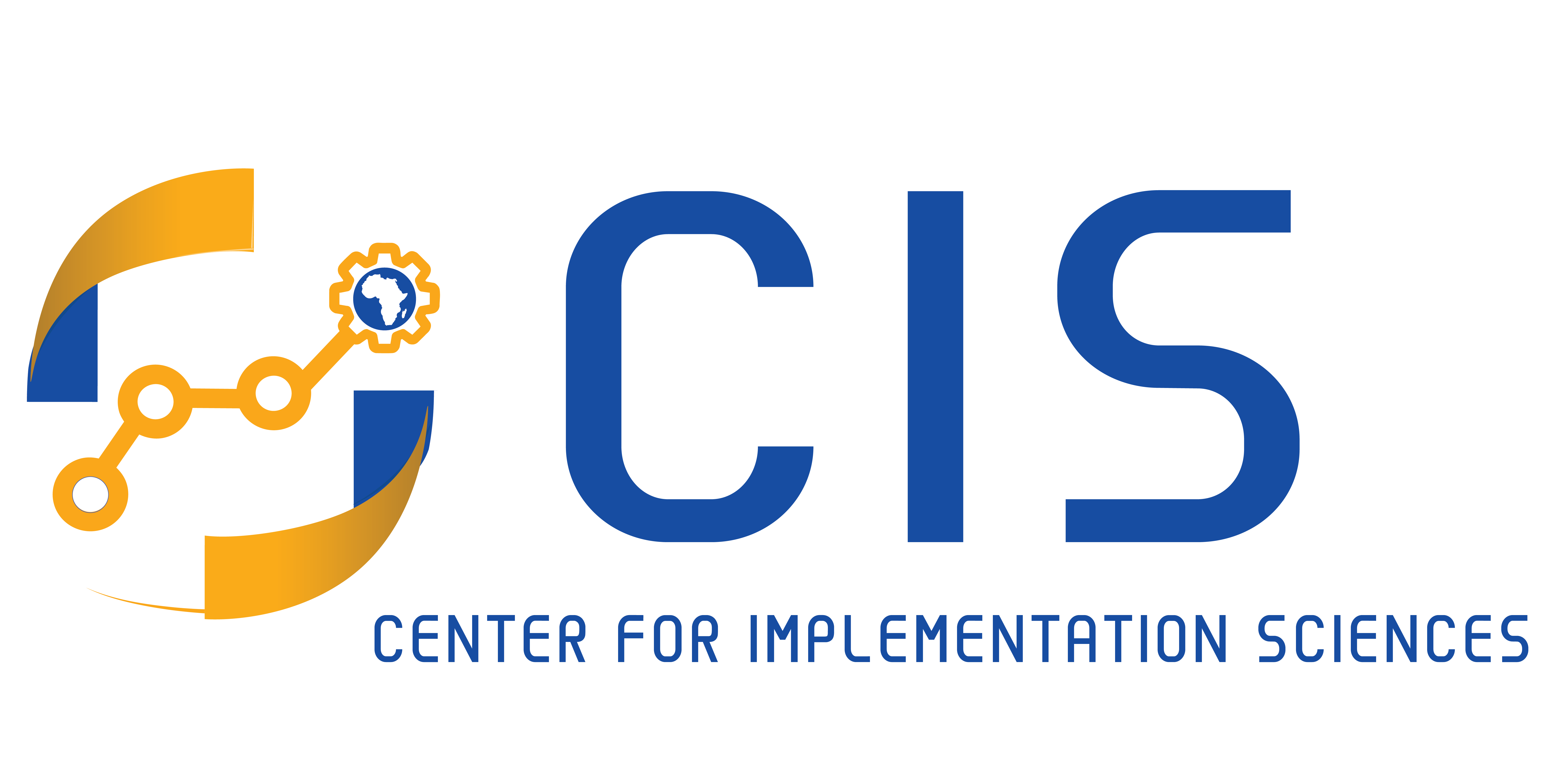Ethiopia is ranked eighth among the top ten countries with the highest burden of preterm birth worldwide, with an estimated 376,730 preterm births annually. The prevalence of low birth weight (LBW) is estimated to be 13%. In Ethiopia, the advanced medical and feeding care required for very preterm and very LBW infants to survive is limited. Most small newborns are at home, having been born there or quickly discharged because they are late preterm (≥ 32-37 weeks gestation) or moderately LBW (≥ 1500-2000 grams). While there are several global recommendations on feeding LBW infants, there is a lack of concise, high-quality, practical instruction and supporting materials suitable for low-resource settings, especially outside of an in-patient hospital or facility setting.
In the proposed study, we aim to investigate how to provide specialized lactation management for LBW infants at home in a low-resource setting and test its effectiveness on breastfeeding and growth outcomes.

